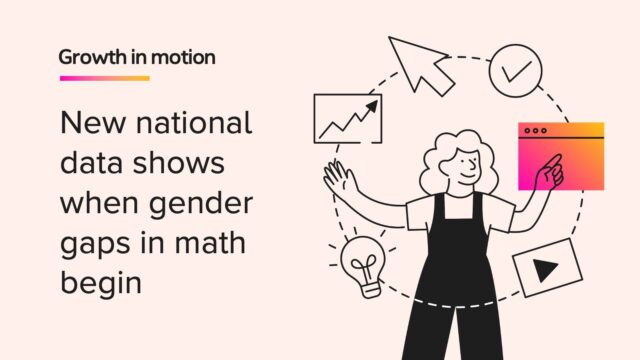
Instructional Coaching Plan Example
If I say the name Bob Bowman, you may look at me with a blank stare as if that name should ring a bell. But unless you are deep into the elite swimming community, his name might not flag a memory in your brain. But what if I said Michael Phelps? You instantly know to whom I’m referring. So, why do I care about Bob Bowman? It’s easy. He’s Olympic gold medalist Michael Phelps’ coach.
Coach Bowman said in an interview with Johns Hopkins All Children’s Hospital: “The most important thing a coach does is give feedback. Also, I think we give guidance and motivation and some other things. The coach really is a partner in your activity, and I think it’s so much better when you have one.”
Here’s the deal, and I have said this before in blogs, presentations, and sessions with teachers and leaders: If Michael Phelps has a coach, every single person could use a coach. Having a coach isn’t a sign of weakness; in fact, having a coach is a sign of humility.
Found your instructional coach? Great! Now, what should you do now that you have a coach? It’s easy. Create a plan. I want to give you two tools that can be a part of your overall plan, comprising two series of questions and an instructional coaching plan template. The first tool is what I call “Know Your Five” (from Way #13 in The Instructional Change Agent: 48 Ways to Be the Leader Your School Needs). It’s a fairly straightforward exercise. Envision what you want your school district, school, or classroom to look like five years from now. To do this, you answer five questions:
- What do you see students doing in the classroom five years from now?
- How do you want (yourself or your team) to think about student achievement and growth in five years?
- What do you want students to feel about school in five years?
- When out in your community, what do you want to hear people say about your school five years from now?
- What do you want your stakeholders to be doing in your school in five years?
Teacher Coaching Plan Template PDF
Use the “Know Your Five” PDF below when building your coaching plan.

The most successful educators have a vision for where they are going. I encourage people to utilize the SMART goal method in answering these questions, as it helps you design goals and answer questions in strategic ways.
- Specific: Goals should be focused.
- Measurable: Goals should be in small, concrete steps so that it’s clear when students are making progress.
- Achievable: Goals must be manageable and progress oriented.
- Relevant: Goals should relate to the assignment and the curriculum. Students will most likely need guidance from teachers to set goals that are relevant.
- Time-Bound: Just like goals must be measurable, they must also have a set timeframe so that students can track their progress.

Weekly Reflection on Coaching
Once you have developed the global vision five years from now, let’s go down to a weekly reflection on your coaching. Consider implementing the “Friday Reflections” (from Way #15 in The Instructional Change Agent: 48 Ways to Be the Leader Your School Needs) every Friday. This activity is a self-reflection opportunity to think about the past week and set up the next week for success. I encourage educators to complete this each Friday after school before leaving for the weekend. It’s a way to bring closure for the week while also preparing for your upcoming coaching session to discuss celebrations and challenges from the week.
Three of the questions ask you to look back at your week:
- What went well this week? Why did it go well?
- What did not go well this week? Why did it not go well?
- What one activity consumed the most amount of time for the week, and how did this activity better the classroom/school/district because of the time spent?
The remaining two questions ask you to proactively think about your next week to mentally prepare:
- What are your three goals for next week? How will you achieve these goals?
- What do you identify as a major obstacle for next week? How will you manage the expectations for this task?
Conclusion
The most successful individuals have the following attributes:
- They work with a coach. This coach could be a volunteer, one you pay for yourself, or an internal or external coach your district provides.
- They have a vision for the future.
- They reflect weekly on their goals.
- They believe in their ability to improve themselves (have a growth mindset).
- They have remarkable resilience and perseverance.
Consider how “Know Your Five” and “Friday Reflection” can be instrumental tools for you to use in your professional career as you search and work with your “Bob Bowman.” A teacher coaching plan template, like the “Know Your Five” PDF provided here, can help as you build your vision. We might not be setting swimming records like Michael Phelps. But we’re changing students’ lives and futures. I’d say that’s just as incredible as a gold medal.
The views expressed in this article are those of the author and do not necessarily represent those of HMH.
***
For more tools like our sample coaching plan for teachers, consider joining our nationally recognized, professional learning community for access to ongoing coaching and on-demand resources.
Invest in the overall health of your educational team and your teachers’ individual growth with a long-term coaching plan. Find out more in this webinar, "Coaching for Greatness: Every Teacher Deserves a Coach."
Join us for the 31st Annual Model Schools Conference | June 2023 | Orlando, FL












